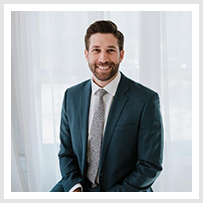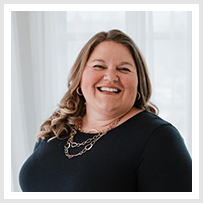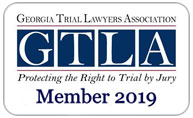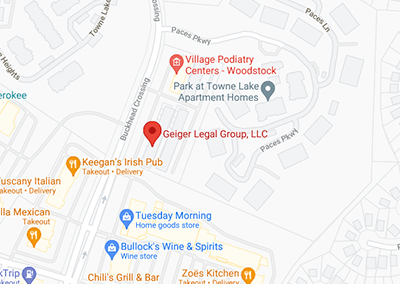Elder Abuse and Bedsore Lawyer
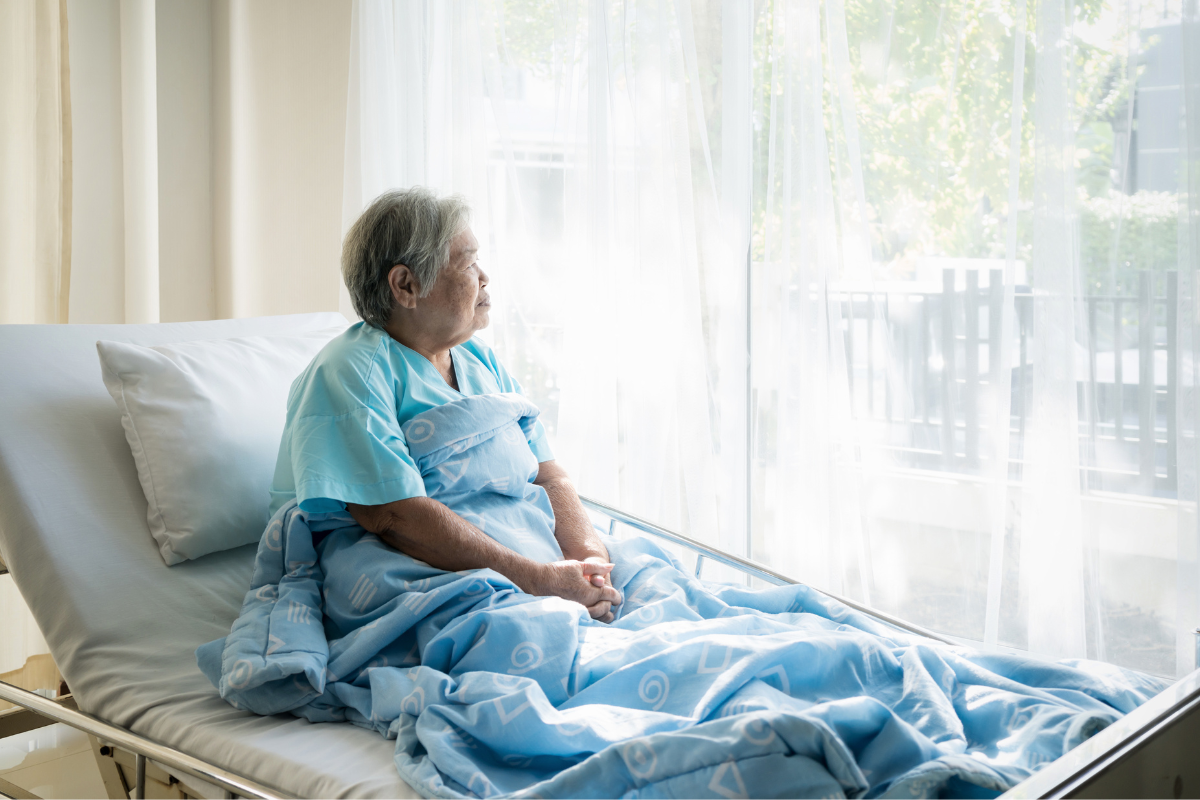
Pressure ulcers, otherwise known as bedsores, develop due to prolonged pressure on the skin, often over bony protrusions, and are common in individuals with limited mobility. Bedsores can serve as a silent alarm, indicating a lack of proper care and attention in nursing homes or elder care facilities. Left untreated, they can lead to serious health complications. The elder abuse lawyers at Geiger Legal Group, LLC, understand how alarming and distressing it can be to discover that your loved one is suffering from this preventable condition, and we’re ready to stand up and fight for you and your family.
Contact us for a free initial case evaluation to speak with a bedsores lawyer from our family-run firm about your legal options. We’ll be ready to take swift and decisive action to end this mistreatment and seek the fair compensation your loved one is owed.
Elder Abuse Statistics
According to one survey conducted by the National Center for Health Statistics at the CDC, about 11 percent of nursing home residents had suffered pressure ulcers, with Stage 2 pressure ulcers the most common type of ulcer. Residents aged 64 and younger or who lived in the nursing home for a year or less more frequently suffered from pressure ulcers than older or long-term residents. About 20 percent of nursing home residents who had experienced recent weight loss developed pressure ulcers.
The National Council on Aging reports that about one in 10 Americans over 60 have suffered some form of elder abuse, including physical, sexual, emotional, or financial abuse. As many as five million elderly Americans suffer abuse each year, although as few as one in 24 cases of abuse get reported to the authorities.
Symptoms and Stages of Bedsores
According to the Mayo Clinic, bedsores/pressure ulcers most frequently occur on the tailbone, buttocks, shoulder blades, spine, and backs of arms and legs. Bedridden individuals can also develop sores on the back or sides of the head, hips, heels, and ankles.
Signs or symptoms of a pressure ulcer include:
- Changes in skin color or texture
- Swelling
- Tenderness
- Draining of pus or fluid
- Areas that feel cooler or warmer to the touch than the surrounding skin
Doctors categorize pressure ulcers into four stages based on the severity of the injury:
- Stage 1: The affected area looks red, blue, or purple and feels warm. The patient may also feel a burning, itching, or painful sensation.
- Stage 2: The wound may develop a blister, scrape, or open sore, and the skin around the wound may become discolored. Patients begin to feel severe pain.
- Stage 3: The wound takes on a crater-like experience.
- Stage 4: The size of the wound expands, and damage may occur to underlying muscles, tendons, ligaments, and bones. This stage has a high risk of infection.
How Negligence Leads to Bedsores
Some examples of how negligence can lead to bedsores include:
- Staff fails to turn and reposition patients.
- Nursing homes falsify records to report they have turned and repositioned patients even though the staff did not take these actions.
- Staff do not toilet patients regularly.
- Staff fail to follow bathing procedures.
- Nursing homes do not hire enough staff to ensure residents have enough individualized care.
- Staff do not notice the signs of an infection and the patient goes into deadly sepsis.
Other Signs Your Loved One May Be Experiencing Elder Abuse
Unfortunately, many older individuals may lack the physical or verbal capacity to tell others they’ve experienced elder abuse. Cognitive decline may render an elder abuse victim unable to remember or recognize when they suffer abuse. Even if an elderly individual realizes they’ve been abused or neglected, they might choose not to tell others due to embarrassment or fear. As a result, family members of nursing home residents should familiarize themselves with the warning signs of elder abuse, which may include:
- Unexplained injuries, including bruises, lacerations, abrasions, or burns
- Multiple injuries in various stages of healing
- Malnourishment or dehydration
- Unexplained weight loss
- Poor hygiene or unsanitary living conditions
- Newly diagnosed sexually-transmitted infections
- Onset of anxiety or depression
- Suicidal ideation or repeatedly raising the issue of death
- Withdrawal from family members and friends or loss of interest in activities
- Fear of nursing home staff or being left alone
- Unwillingness to talk in the presence of nursing home staff
- Untreated illnesses
- Unexplained rapid cognitive decline
- Heavy medication or sedation
- Unexplained financial transactions or changes to estate planning documents
- Missing money or valuables
Are There Laws Against Elder Abuse?
Georgia has several laws criminalizing elder abuse. One law makes it illegal for a person supervising the welfare or having immediate charge of an older person to commit neglect, defined as willfully depriving an older person of health care, shelter, or sustenance such that the older person’s health or well-being becomes jeopardized. Another law prohibits willfully exploiting, inflicting physical pain, injury, sexual abuse, or unreasonably confining an older person or willfully depriving them of essential services. Conviction on a charge of elder abuse or neglect carries a sentence of one to 20 years in prison, a fine of up to $50,000, or both prison time and fines.
In addition, state law requires certain professionals, including doctors, healthcare providers, social workers, employees of financial institutions, and law enforcement officers, to report suspected elder abuse or neglect. Impeding an investigation of elder abuse or neglect constitutes a misdemeanor offense.
Proving Liability in an Elder Abuse Case
Abusers of elderly individuals will rarely admit to their wrongful conduct. Many nursing home operators will also fight hard to avoid liability for abuse committed by their staff. You will need persuasive evidence to hold abusers and nursing homes liable for the harm your loved one has suffered from bedsores caused by abuse or neglect. Examples of evidence that may support your family’s case include:
- Photos and videos of your loved one’s injuries and living area
- Surveillance footage
- Staffing records
- The nursing home’s patient care policies and procedures
- Witness testimony
- Your loved one’s medical records
- Testimony from your loved one’s doctors and medical experts
- Expert testimony concerning proper standards for bedsore prevention or wound care
Is There a Deadline for Filing My Bedsore Lawsuit?
Under Georgia’s statute of limitations, your family has two years after your loved one suffers harm due to elder abuse to file a lawsuit against the abuser(s) and other liable parties, such as the nursing home owner or operator. The court can dismiss a lawsuit filed after the expiration of the statute of limitations period, so you should talk to a nursing home bedsore lawyer as soon as possible to ensure your loved one’s claims get filed on time.
Contact a Bedsore Lawyer Today to Get Help and Justice for Your Loved One
If your loved one has developed bedsores or is dealing with health complications due to bedsores, contact an elder abuse and neglect lawyer at Geiger Legal Group, LLC right away. We’ll provide a free, no-obligation consultation and discuss your situation and rights in detail. Don’t wait. Call us now.





















